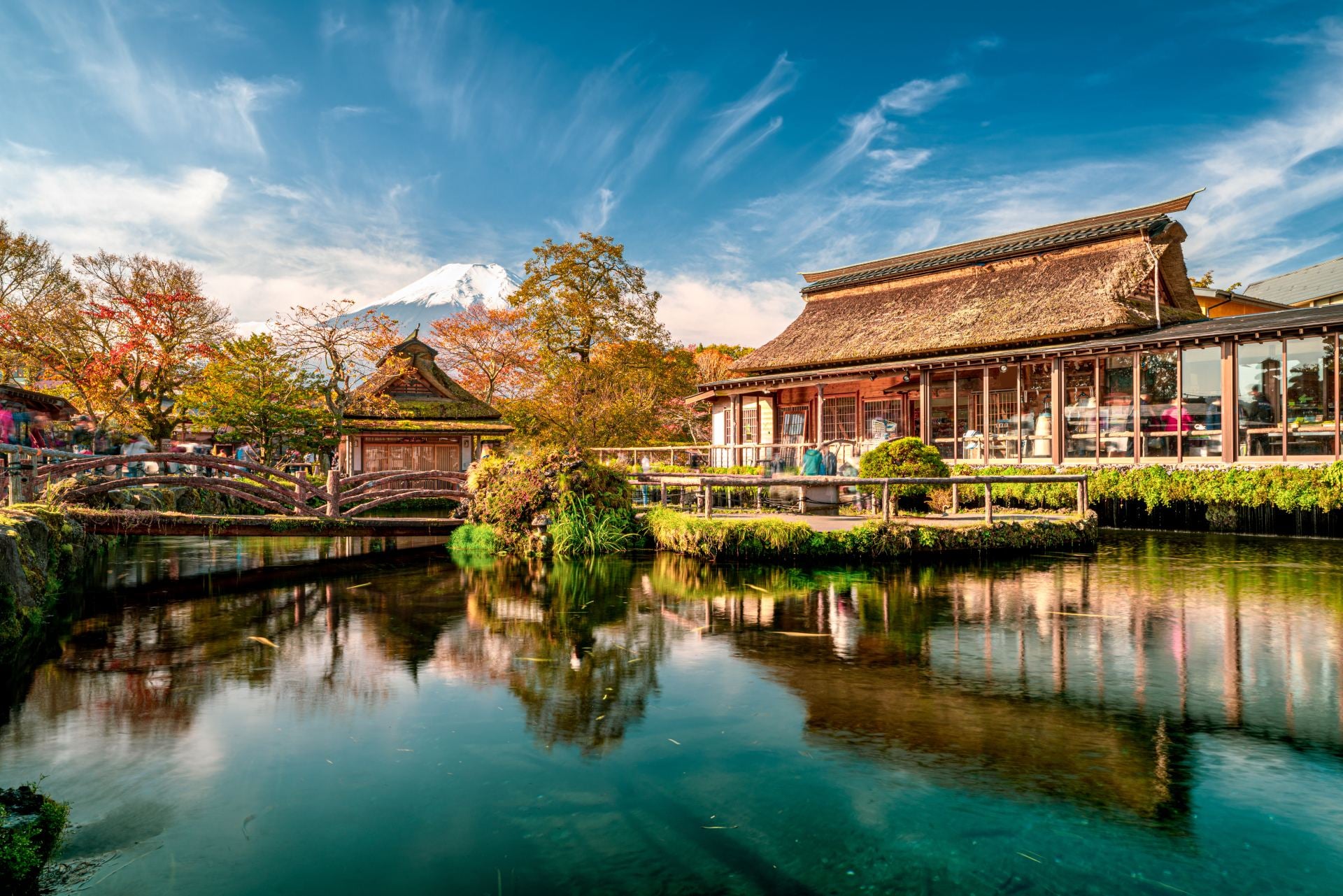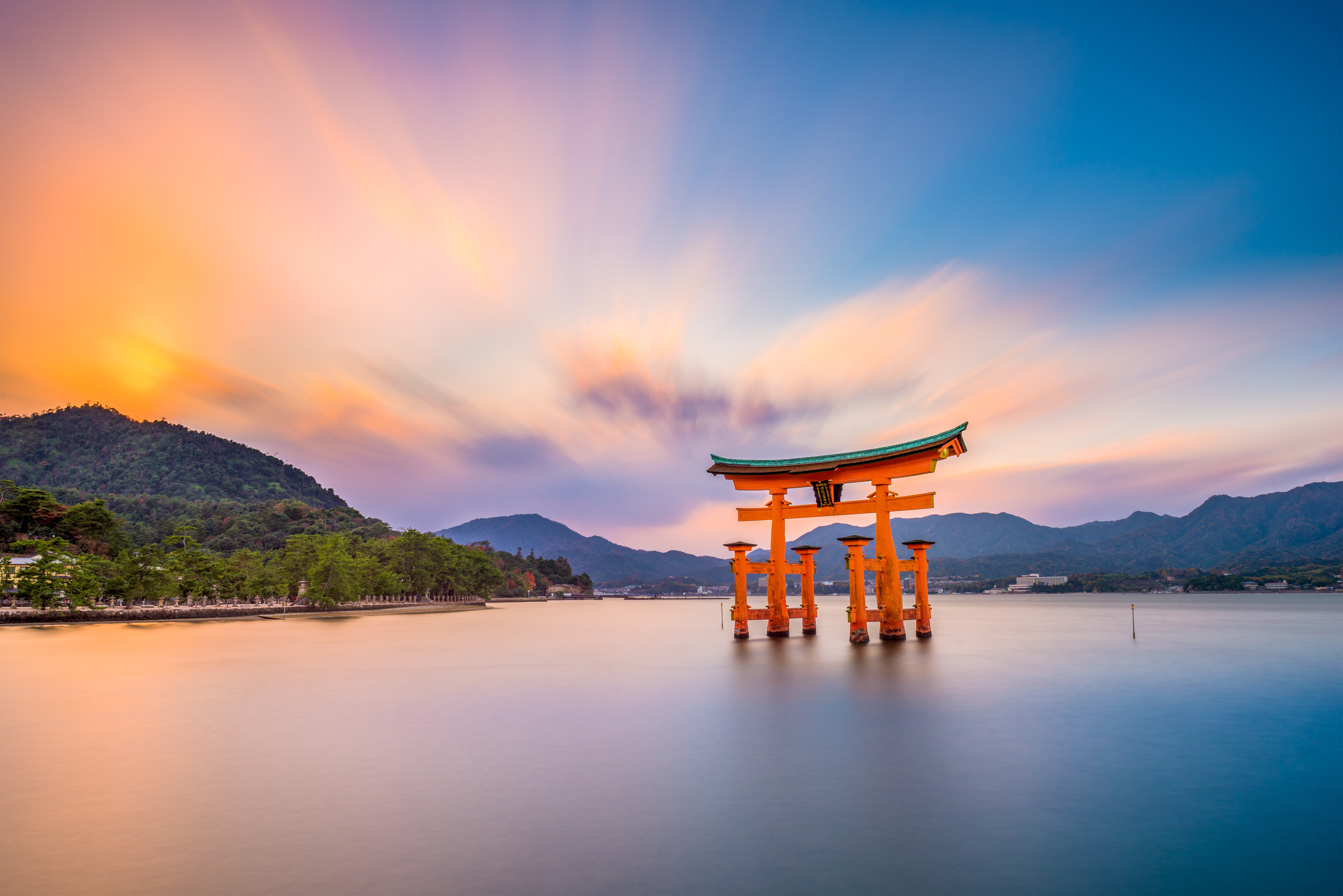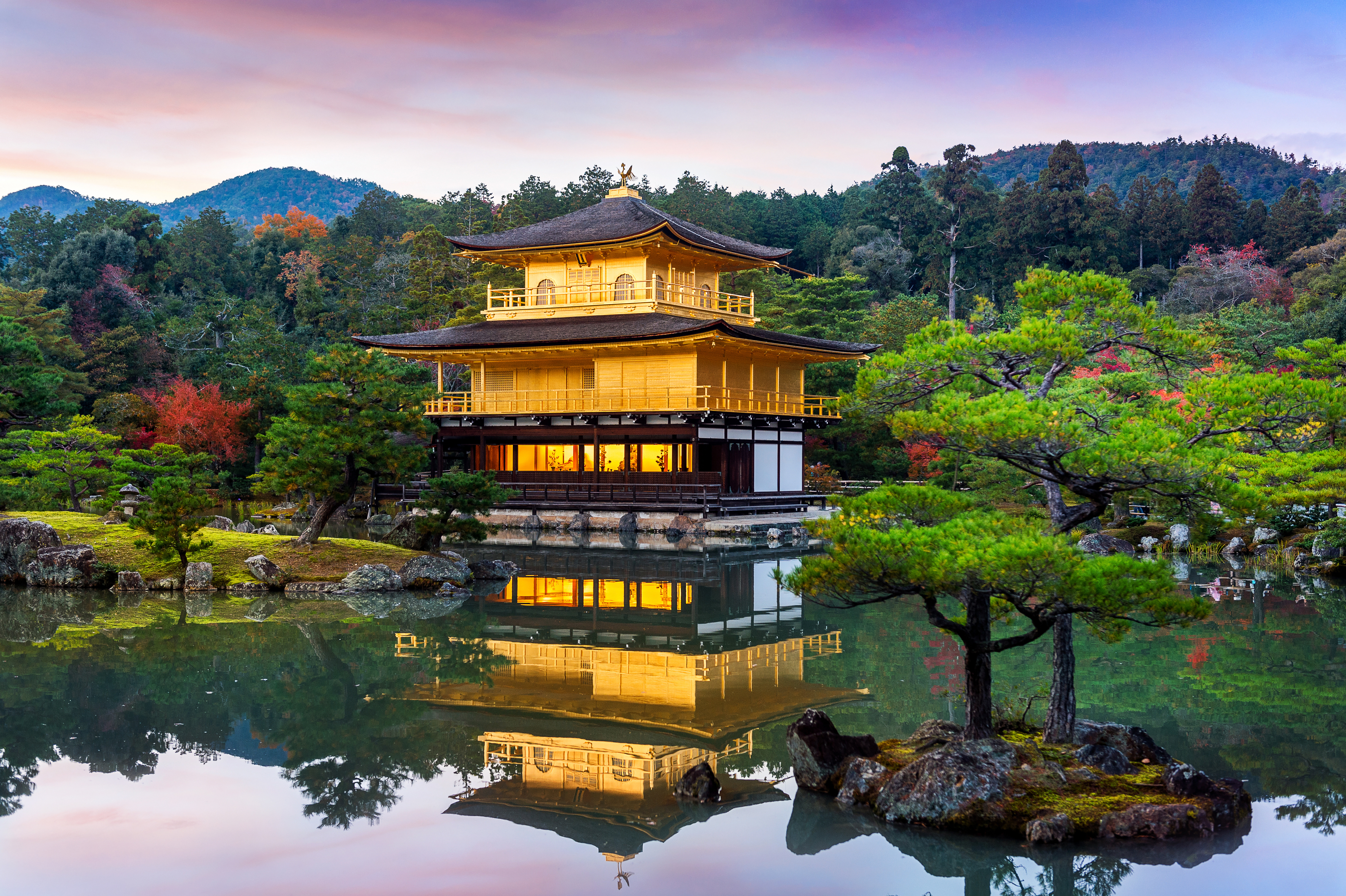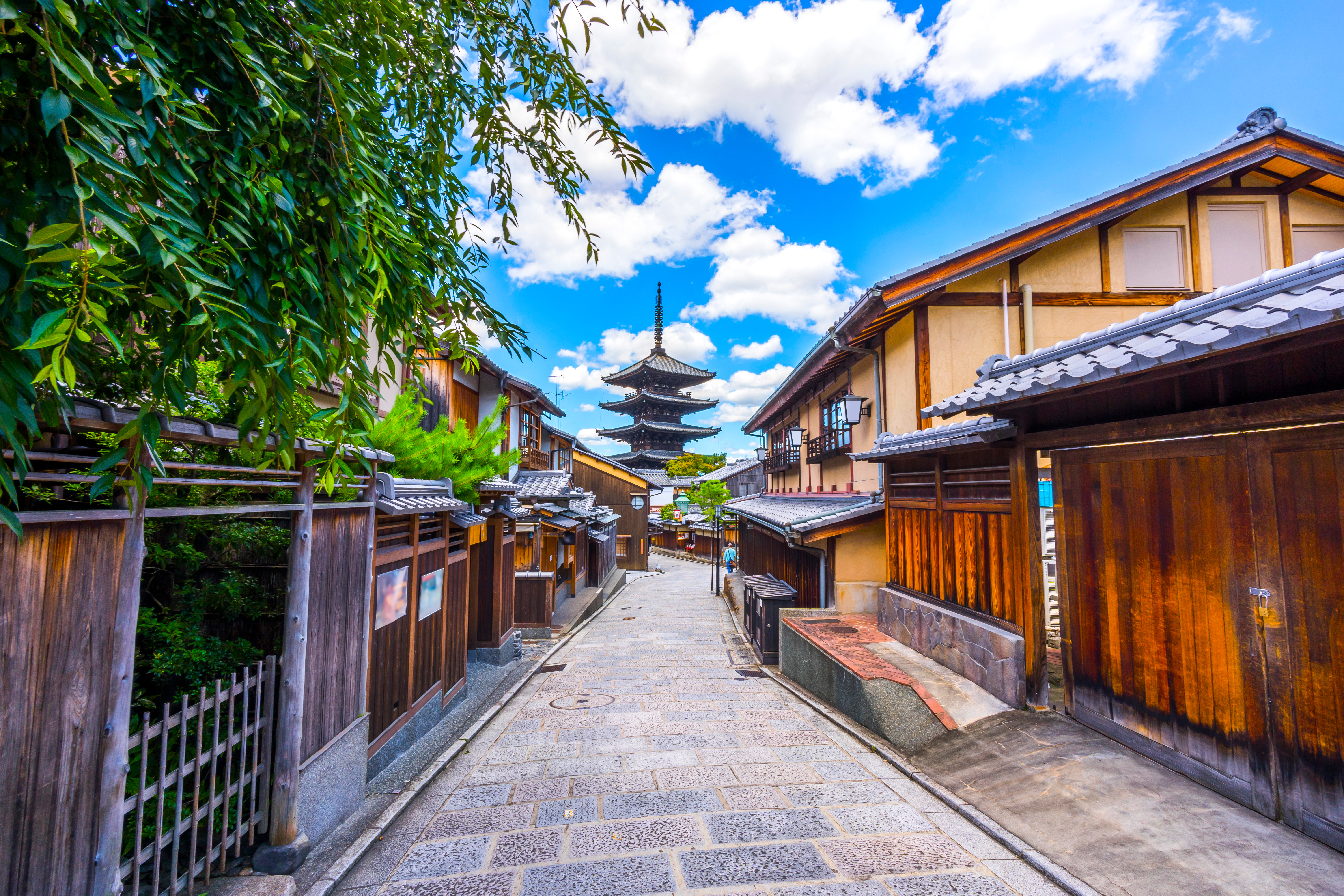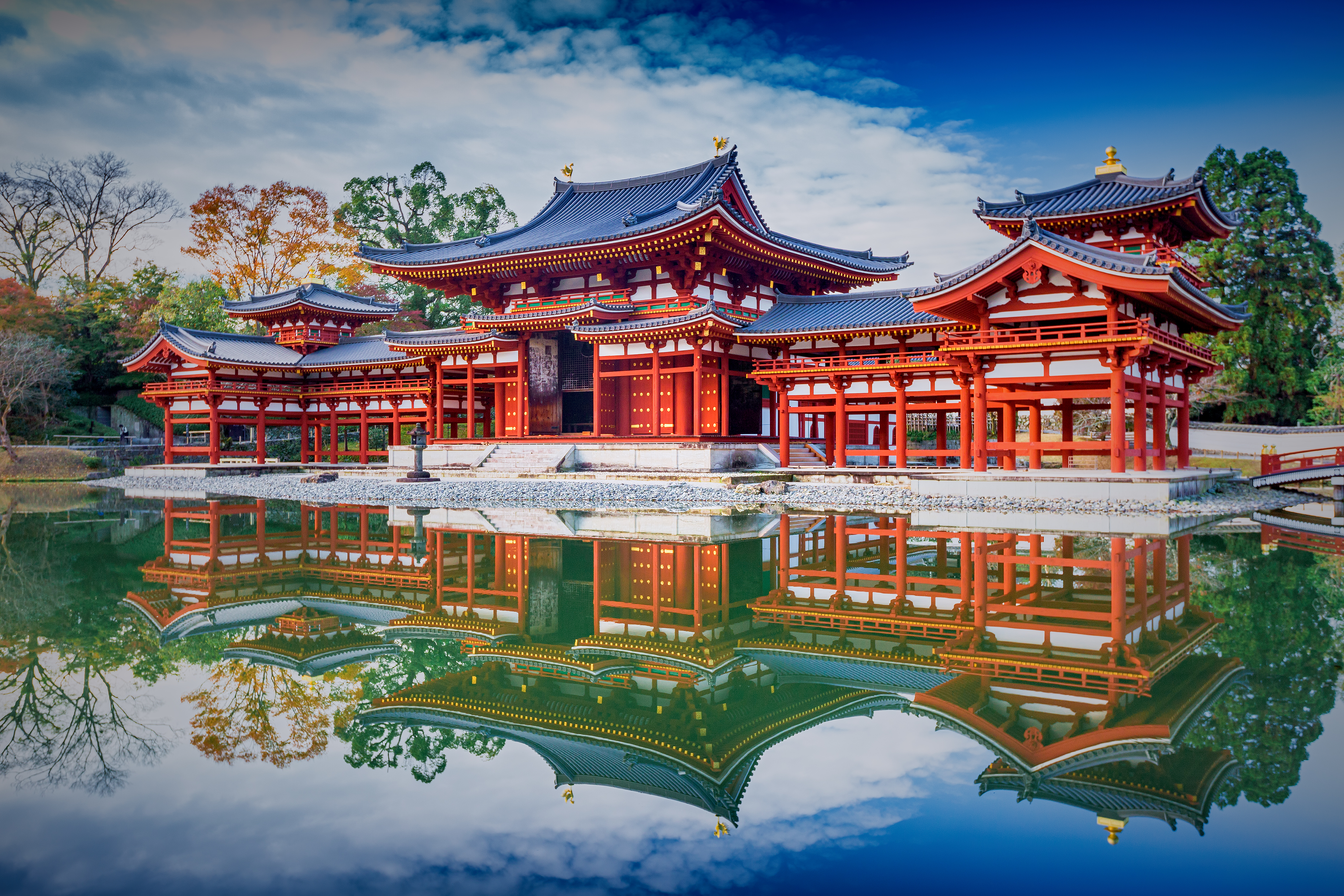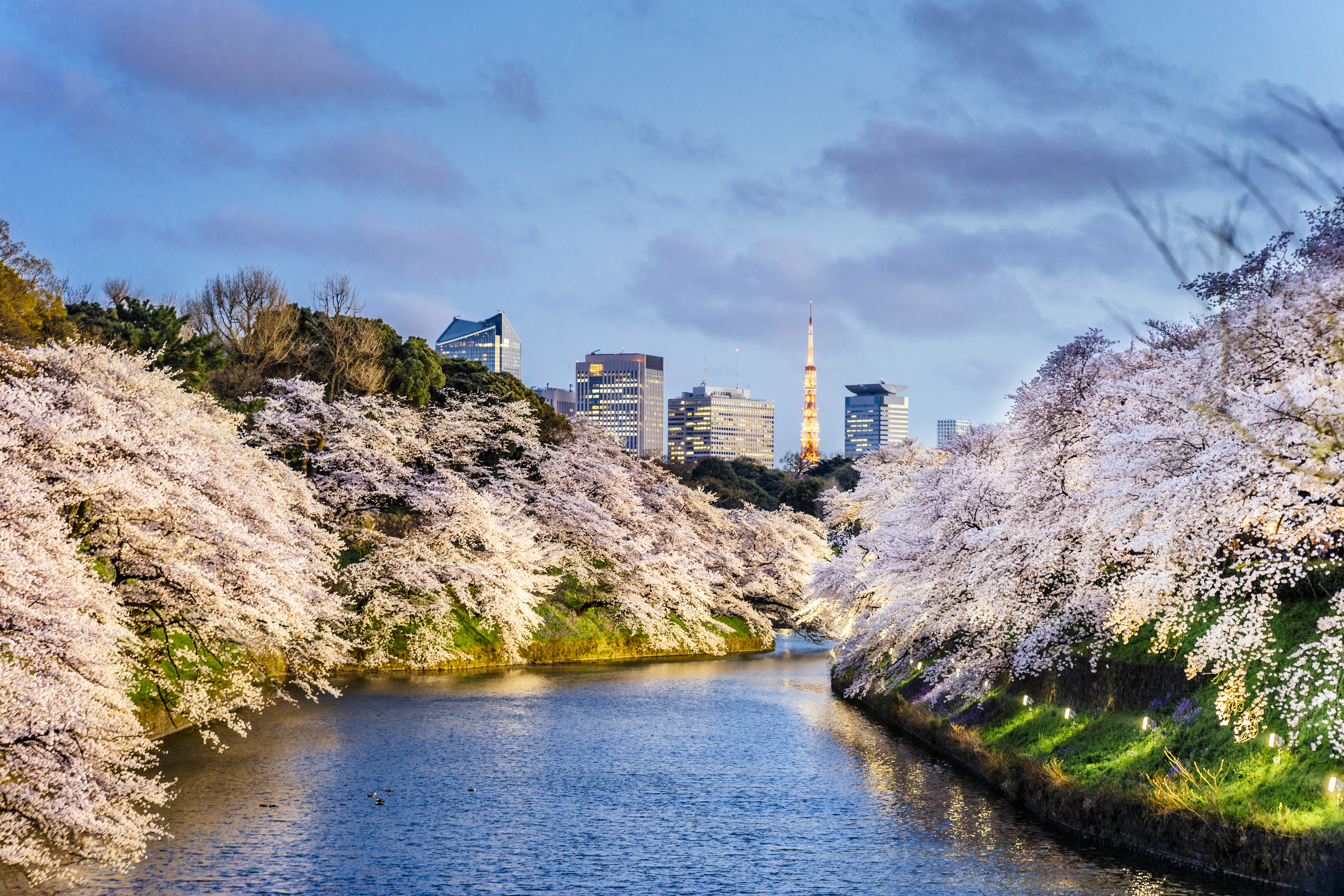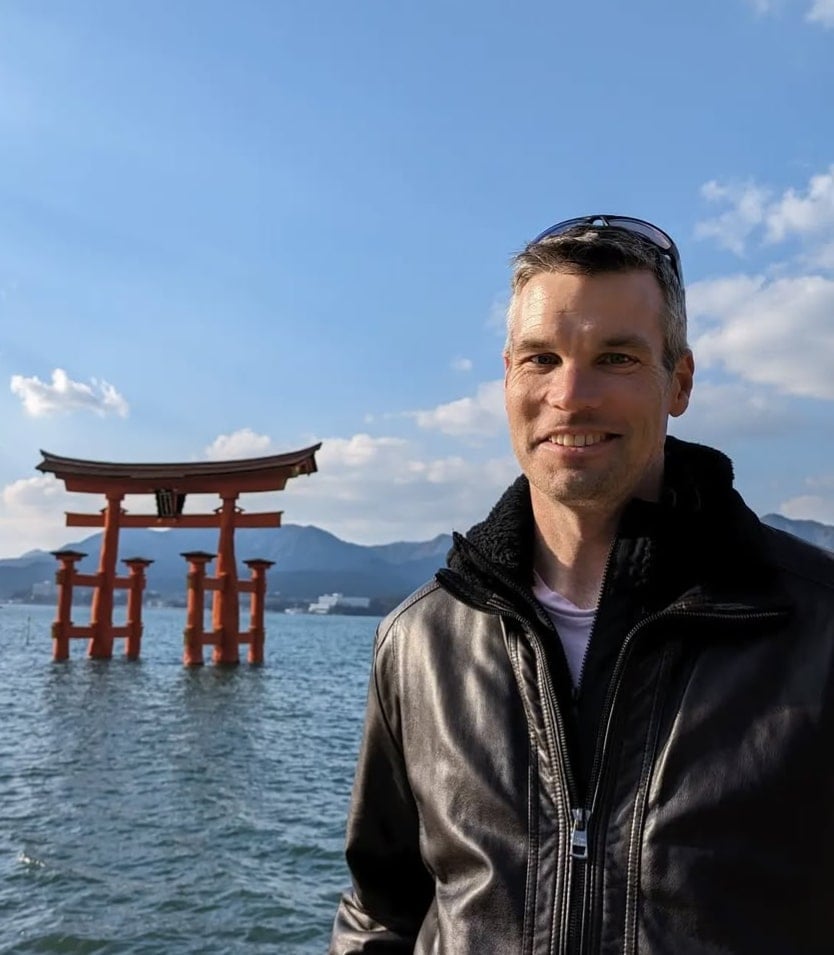Japan’s deep traditions—tea ceremonies, seasonal festivals, refined cuisine—and exceptional hospitality create an experience that feels both elegant and authentic.
Discover Tailor-Made Japan Vacations
From centuries-old temples to neon streets that pulse with life, Japan is a country of contrasts.
One moment, you’re gazing on Mount Fuji from the hushed confines of a Zen garden; the next sees you weaving through a glowing alley of ramen shops in the heart of Tokyo. In Japan, every excursion is a form of immersion, its many facets offering a wealth of diverse experiences. From ancient tea ceremonies to modern bullet trains, old and new overlap to fascinating effect.
Featured Highlights
- Shopping and dining in Tokyo’s ritzy Ginza district
- Taking in the springtime cherry blossoms in Kyoto
- Bedding down in a luxury ryokan on the grounds of a former imperial villa in Hakone
- Cruising on Lake Ashi in the shadow of Mount Fuji
- Visiting the Edo Era city of Kanazawa, including its famous Samurai District, for Japanese arts and crafts
- Admiring the Floating Torii Gate on sacred Miyajima Island, less than an hour from Hiroshima
Featured Japan Trip Ideas
In Japan, it’s the small details that transform a trip into something unforgettable. A tailor-made vacation gives you the freedom to pair centuries-old traditions with modern thrills on your own schedule.One morning, you might be learning the delicate art of sushi making with a seasoned chef. That evening, you could be attending a sumo tournament in Tokyo or exploring the capital’s anime districts lit in bright, electric colour.
Read More
Quintessential Japan: Tokyo, Mt. Fuji, Kyoto & More
Kyoto, Fushimi Inari Taisha, Kinkakuji Temple (Golden Pavilion), Tokyo, and Shibuya CrossingClassic Japan: Kyoto, Hiroshima, Tokyo & Mt. Fuji
Tokyo, Shibuya Crossing, Hiroshima, Kyoto, Fushimi Inari Taisha, and Kinkakuji Temple (Golden Pavilion)Ultimate Japan: Tokyo, Kanazawa, Kyoto & More
Osaka, Hiroshima, Kyoto, Fushimi Inari Taisha, Kinkakuji Temple (Golden Pavilion), Tokyo, and Shibuya CrossingTokyo & Kyoto Discovery
Kyoto, Fushimi Inari Taisha, Kinkakuji Temple (Golden Pavilion), Tokyo, and Shibuya CrossingCultural Japan: Tokyo, Kanazawa & Kyoto
Kyoto, Fushimi Inari Taisha, Kinkakuji Temple (Golden Pavilion), Tokyo, and Shibuya CrossingJapan Cherry Blossom Odyssey
Kyoto, Fushimi Inari Taisha, Kinkakuji Temple (Golden Pavilion), Tokyo, and Shibuya CrossingDon't see the
perfect trip idea?
Request a custom quote.
Turn your travel dreams into reality with Goway. Our customized vacations take travellers to all corners of the world.
What do Goway's travellers say?

Get to know Japan before you go.
Best Time To Visit
Japan is a place where each season feels like its own story.
In spring, cherry blossoms sweep Tokyo, Kyoto and Osaka in a soft pink wave from late March to early April, drawing locals and visitors alike to parks and temple grounds for hanami picnics. Summer brings festivals in every corner of the country: Join the crowds at Gion Matsuri in Kyoto or watch colourful lanterns float into the sky during Tanabata. Just be prepared for heat and humidity, especially in July and August.
Winter, which runs from January to mid-March in the northern regions, turns these areas into snowbound playgrounds perfect for skiing. February is also the time to take in the country’s plum blossoms.
In the cities, the New Year is a time when families gather for big meals, clean house together, and older generations hand out money to children. It’s a special tradition, though prices are higher and many shops close for the holiday.
Whenever you choose to go, Japan’s seasons promise something unforgettable. If you’d like help deciding, explore our guide to the best time to visit Japan for more details on weather, festivals, and seasonal highlights.
What do the experts say?
You should try a Zen meditation session. Imagine slipping into a silk kimono for the day—carefully tied by an expert dresser, every fold precise, every colour chosen to suit the season. It’s a ritual that feels as personal as it is timeless.
What do I love about Japan? In a word - EVERYTHING. The incredible contrast that Japan offers - new/innovative vs old/traditional, the warm and welcoming people, the incredible rich culture, the culinary wonders awaiting around every corner, the cleanliness, efficiency and safety. It's one of the best places to visit in Asia in my opinion.
Every season offers something to fall in love with, but autumn feels especially magical—fewer tourists, crisp weather, and foliage that rivals the famous blossoms.
Places To Go
Handcrafted journeys to our most popular places to visit in Japan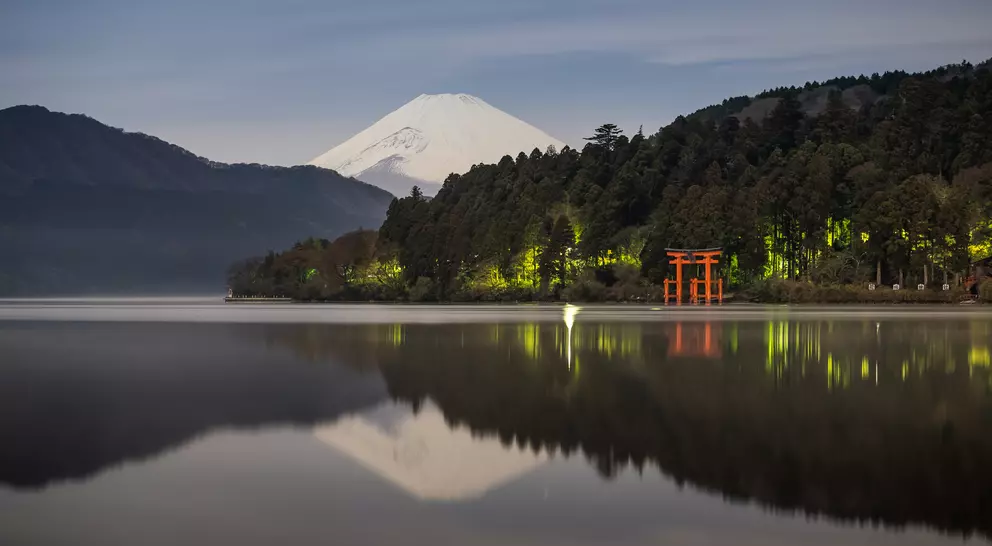
Hakone
Set amid beautiful mountains and located less than 100 km (62 miles) west of Tokyo in Kanagawa...
Set amid beautiful mountains and located less than 100 km (62 miles) west of Tokyo in Kanagawa Prefecture, Hakone is situated within the volcanically-active Fuji-Hakone-Izu National Park.Centred...
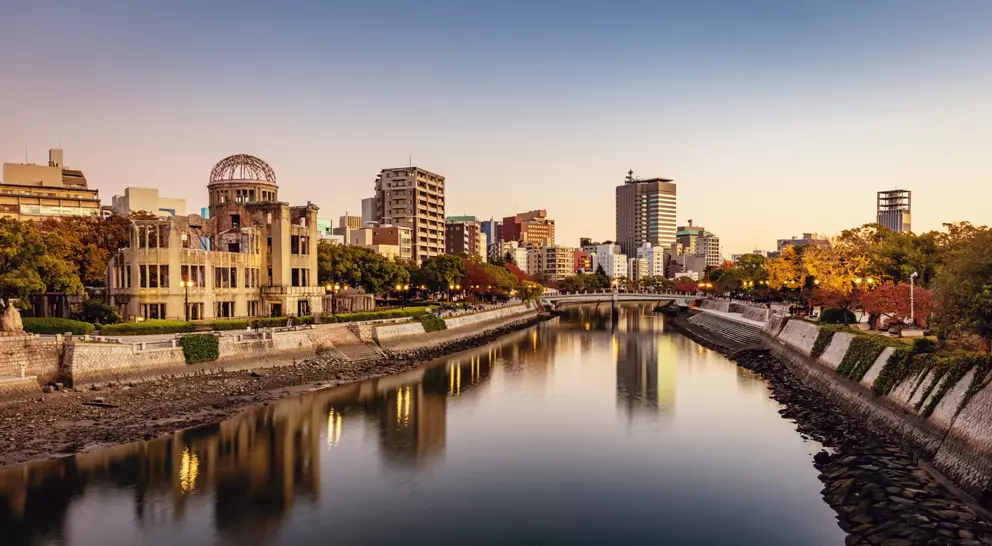
Hiroshima
Although widely known as the city destroyed by an atomic bomb in 1945, Hiroshima is now a modern,...
Although widely known as the city destroyed by an atomic bomb in 1945, Hiroshima is now a modern, cosmopolitan city, featuring excellent cuisine and bustling nightlife on Japanese tours.A mostly...
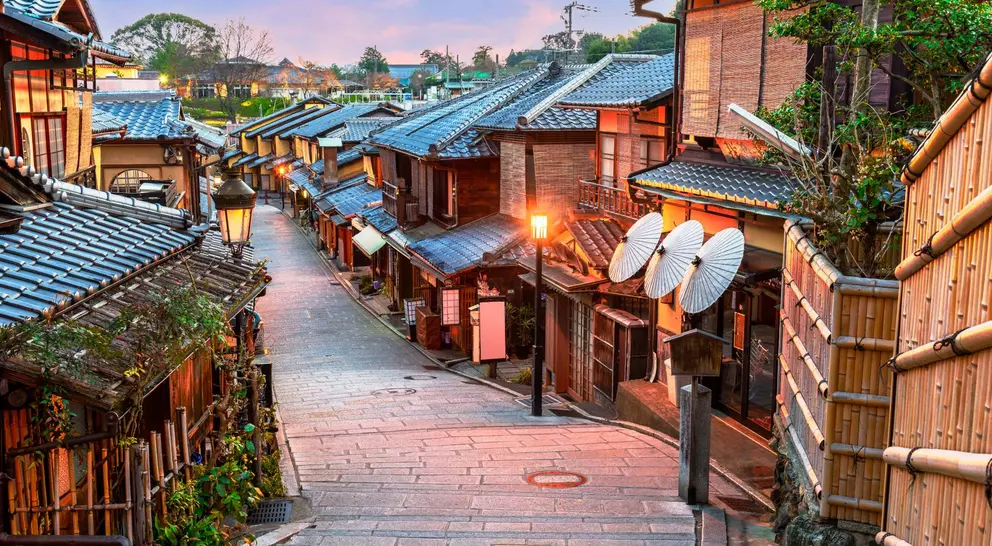
Kyoto
Kyoto was the capital of Japan for over 1000 years before Tokyo became its capital in 1868 and is...
Kyoto was the capital of Japan for over 1000 years before Tokyo became its capital in 1868 and is Japan’s most beautiful city with a rich cultural heritage possessing 14 UNESCO World Heritage Sites....
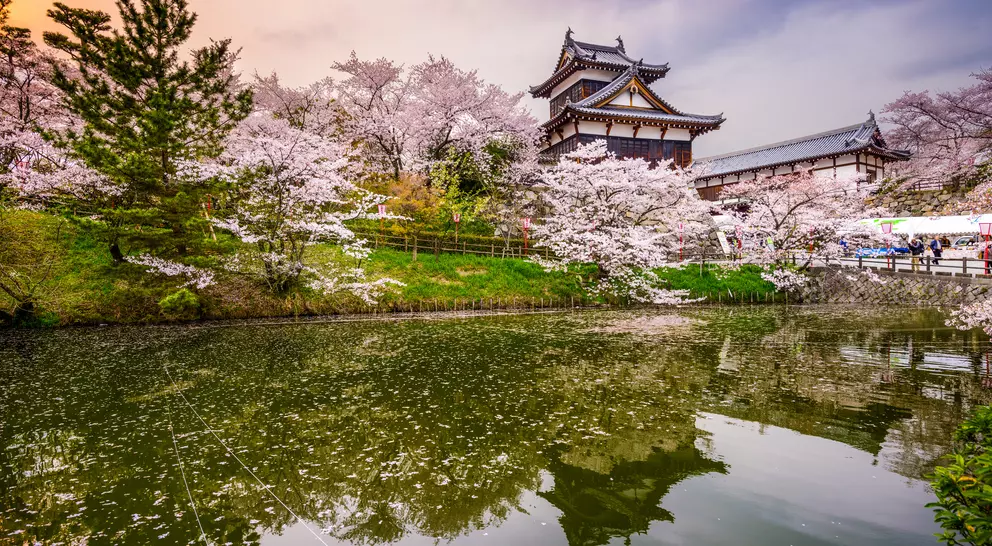
Nara
Nara is the capital city of Nara Prefecture in the Kansai region of Japan.The first permanent...
Nara is the capital city of Nara Prefecture in the Kansai region of Japan.The first permanent capital city of Japan from 710 - 784 AD, Nara flourished under the influence of Buddhism, leading to the...
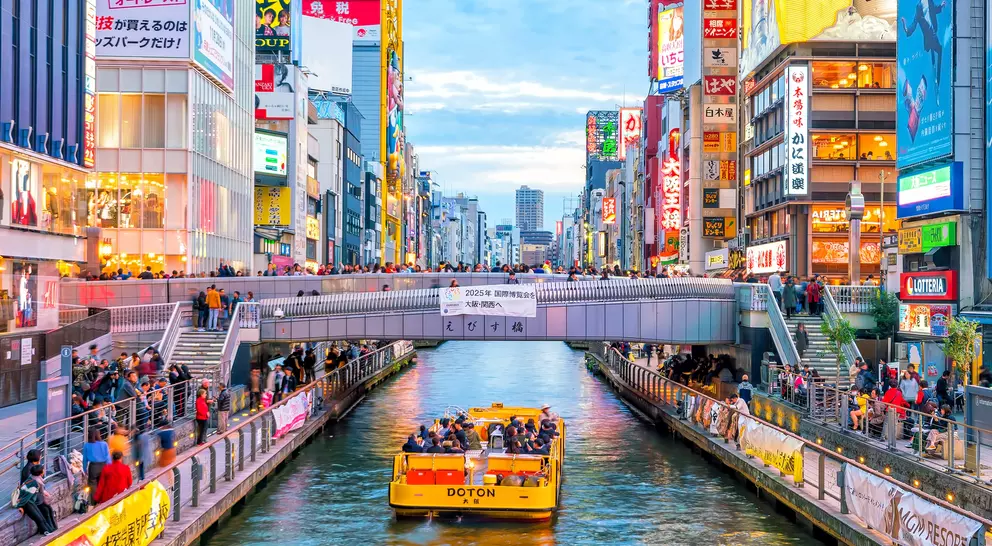
Osaka
Osaka is located in central Japan on the main island of Honshu. Osaka is the capital city of Osaka...
Osaka is located in central Japan on the main island of Honshu. Osaka is the capital city of Osaka Prefecture, and although the prefecture is Japan’s second smallest in area, Osaka has one of the...
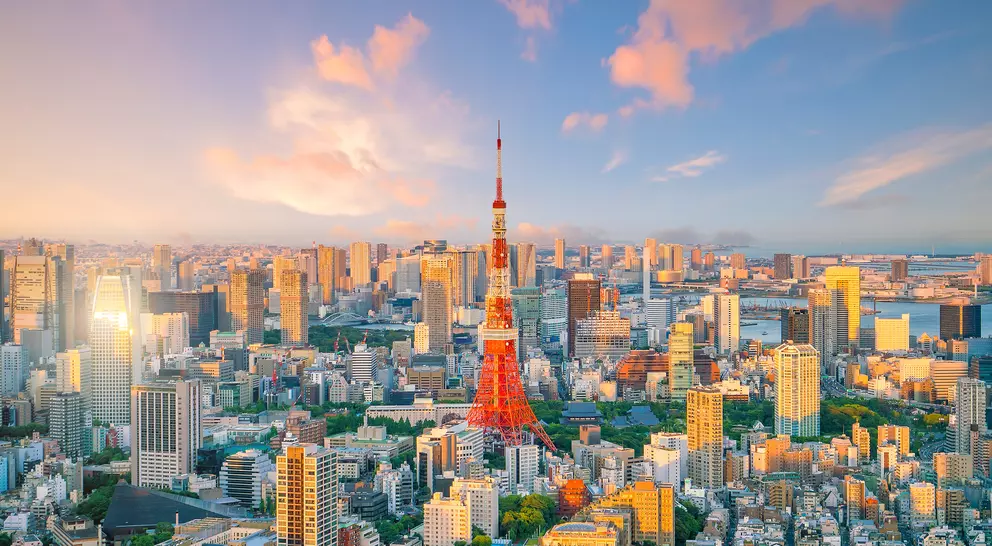
Tokyo
Tokyo, Japan’s sprawling, busy capital, offers a mix of the ultramodern and the traditional, from...
Tokyo, Japan’s sprawling, busy capital, offers a mix of the ultramodern and the traditional, from neon-lit skyscrapers to cherry trees in season and serene temples. Due to the major earthquake in...
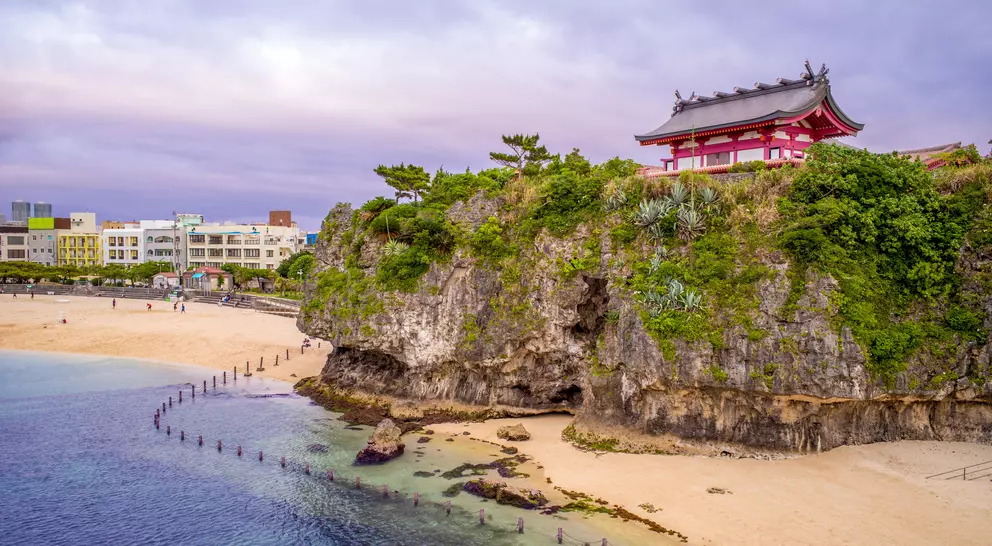
Okinawa
Meaning "rope in the open sea," Okinawa is aptly described. The prefecture comprises the southern...
Meaning "rope in the open sea," Okinawa is aptly described. The prefecture comprises the southern half of the bigger group of islands known as Ryukyu Islands. Named after the area’s native culture,...
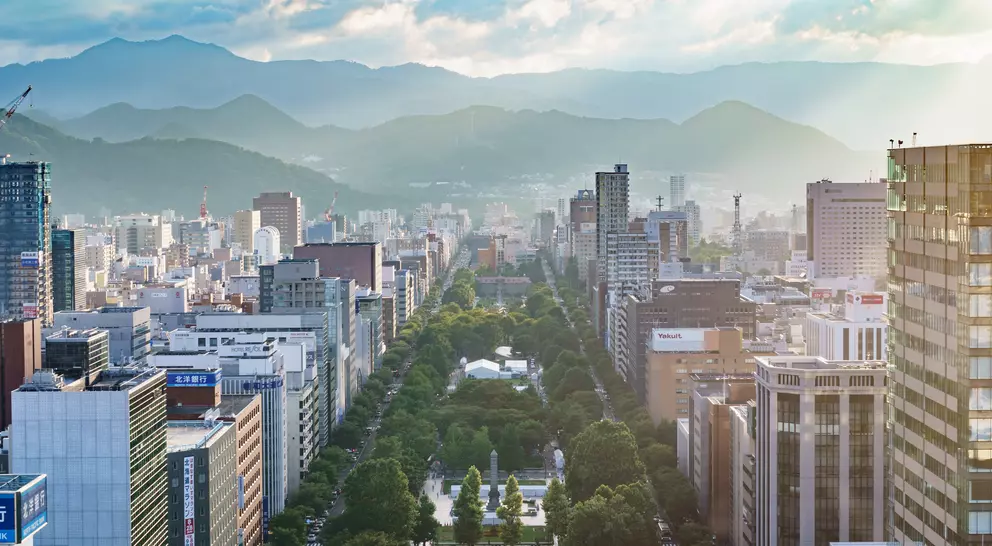
Sapporo
Considered one of Japan’s nicest and newest cities, Sapporo is the capital and largest city of the...
Considered one of Japan’s nicest and newest cities, Sapporo is the capital and largest city of the northern island of Hokkaido. Holding a population of seven in 1857, it now features the fourth...
Travel Styles
Explore Japan by Travel TypeFrequently Asked Questions
What aspects of Japanese culture make it a premier destination for sophisticated travelers?
How does Japan blend ancient traditions with modern innovation?
Historic temples stand beside modern skyscrapers. You’ll find centuries-old rituals, high-speed trains, and cutting-edge art all in one trip.
What are the iconic landmarks that define Japan’s heritage?
Kinkaku-ji Temple and Fushimi Inari Shrine in Kyoto, Todai-ji Temple in Nara, Himeji Castle in Hyōgo Prefecture, Miyajima's floating torii gate at Itsukushima Shrine and of course Mount Fuji are among the most famous.
How accessible is Japan’s natural beauty for luxury travelers?
Very accessible. High-end ryokans, private guides, and smooth transport make even remote mountains, hot springs, and islands easy to enjoy in comfort.
What are the top cities and regions to visit for history, culture, and nature in Japan?
Every city and region of Japan offers these experiences. The most popular cities are Tokyo, Osaka, Kyoto, Hiroshima, Kanazawa, Sapporo, and Fukuoka. Other popular and charming regions include Hakone, Takayama, Nikko, Nagano, and Nara.
Which destinations offer the best luxury accommodations and experiences?
Hakone is known for luxury ryokans, with Gora Kaden among the best. Kyoto and Tokyo have top hotels and dining.
How can travelers explore Japan’s famous temples, castles, and gardens?
Bullet trains and local transit make them easy to reach. Private tours and guides offer deeper insights and effortless travel.
Unlock more by subscribing to our newsletter.
With our newsletter, you’ll get access to regular communications that inspire you and help you explore the world your way.
